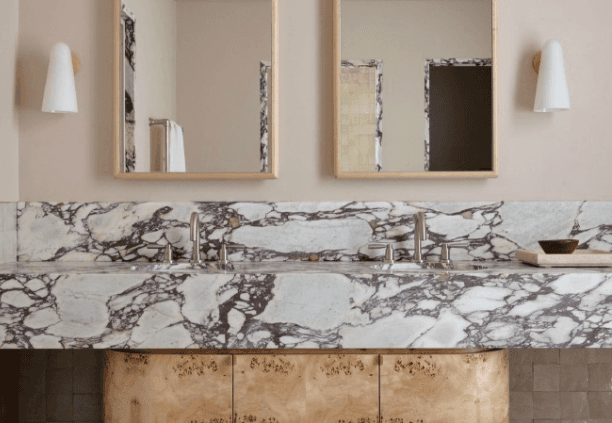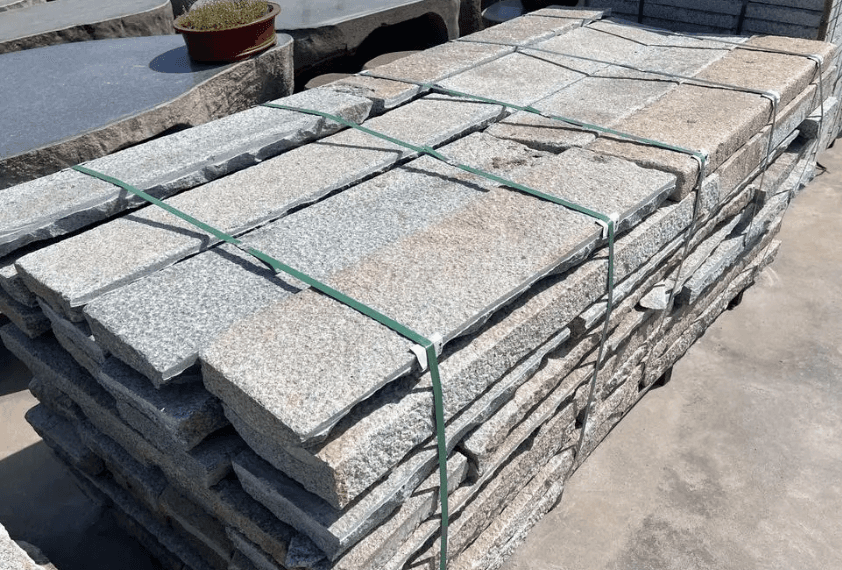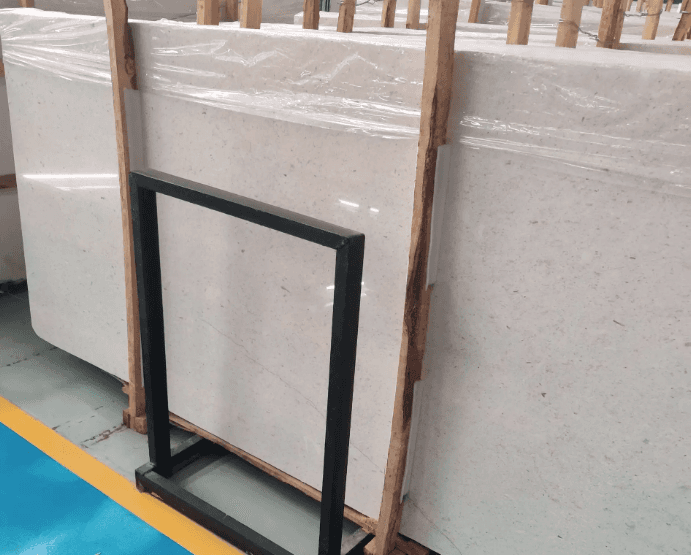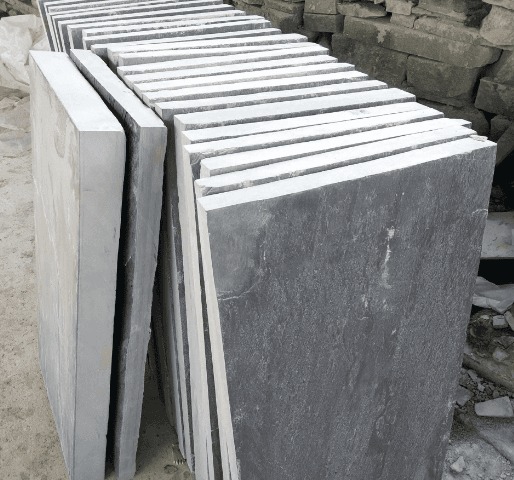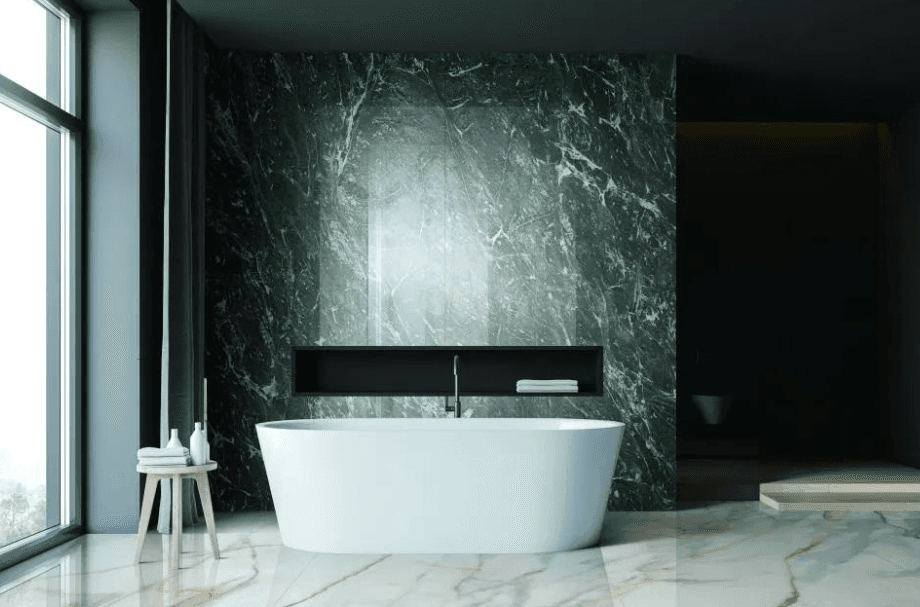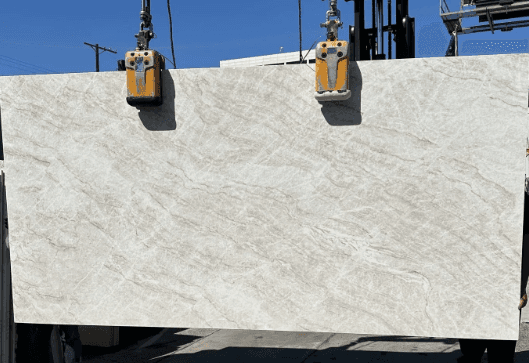Suitable Thickness of Natural Decorative Stone Slab
Lizzy
Suitable Thickness of Natural Decorative Stone Slab
In the field of architectural decoration, natural stone is widely used, but there is no uniform standard for the appropriate thickness of stone slabs. This article will explore how to determine the most suitable slab thickness based on the characteristics and usage environment of the stone.
Factors Affecting Slab Thickness
Water Absorption Rate
Stones with high water absorption rates can absorb a significant amount of water, leading to a decrease in strength. Increasing slab thickness may be necessary to improve durability.
Strength
The strength of stone is an important measure of its quality. Stones with low strength may require increased thickness to enhance structural stability.
Cracks
Cracks can reduce the stone's strength. Stones with severe cracks may need thicker slabs to ensure safety.
Weathering
Weathering can lead to a loose structure and lower the stone's physical and mechanical properties. Heavily weathered stones may require thicker slabs to compensate for the decline in performance.
Porosity
Stones with high porosity have strong water absorption and low strength. Thicker slabs may be needed for such stones to improve compressive strength.
Temperature
Stones in high-temperature environments may undergo chemical decomposition or a decrease in strength. Therefore, stones installed in high-temperature environments may need to be thicker.
Determining Suitable Thickness
Determining the appropriate thickness of stone slabs requires considering the following factors:
Type of Stone: Different types of stones have different physical properties, such as marble, granite, and quartz.
Usage Environment: Consider the environment where the stone will be used, such as floors, walls, outdoors, or indoors.
Expected Lifespan: Based on the design life of the project, determine the thickness of the stone slab.
Ease of Maintenance and Replacement: Thicker slabs may be needed in areas that are difficult to maintain or replace to extend the maintenance cycle.
Cost-Benefit: Although thicker slabs may be more durable, the cost-benefit must also be considered to find the most suitable balance.
Conclusion
The thickness of stone slabs is not necessarily better when thicker but should be determined based on specific application requirements and environmental conditions. A reasonable slab thickness can not only improve the service life of the stone but also reduce maintenance costs to a certain extent.
